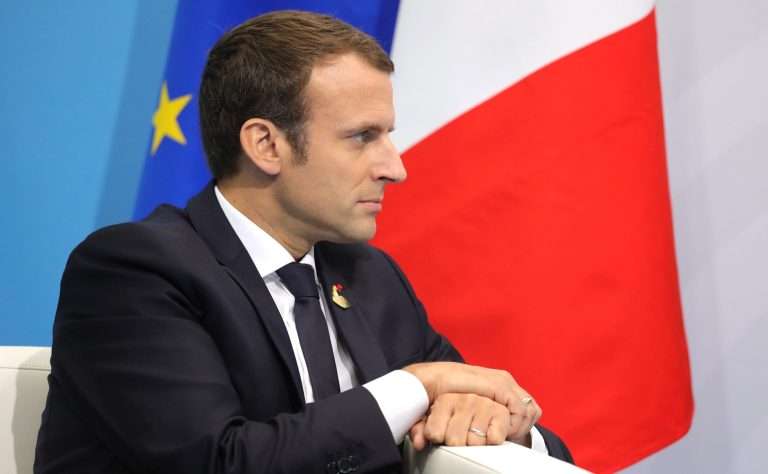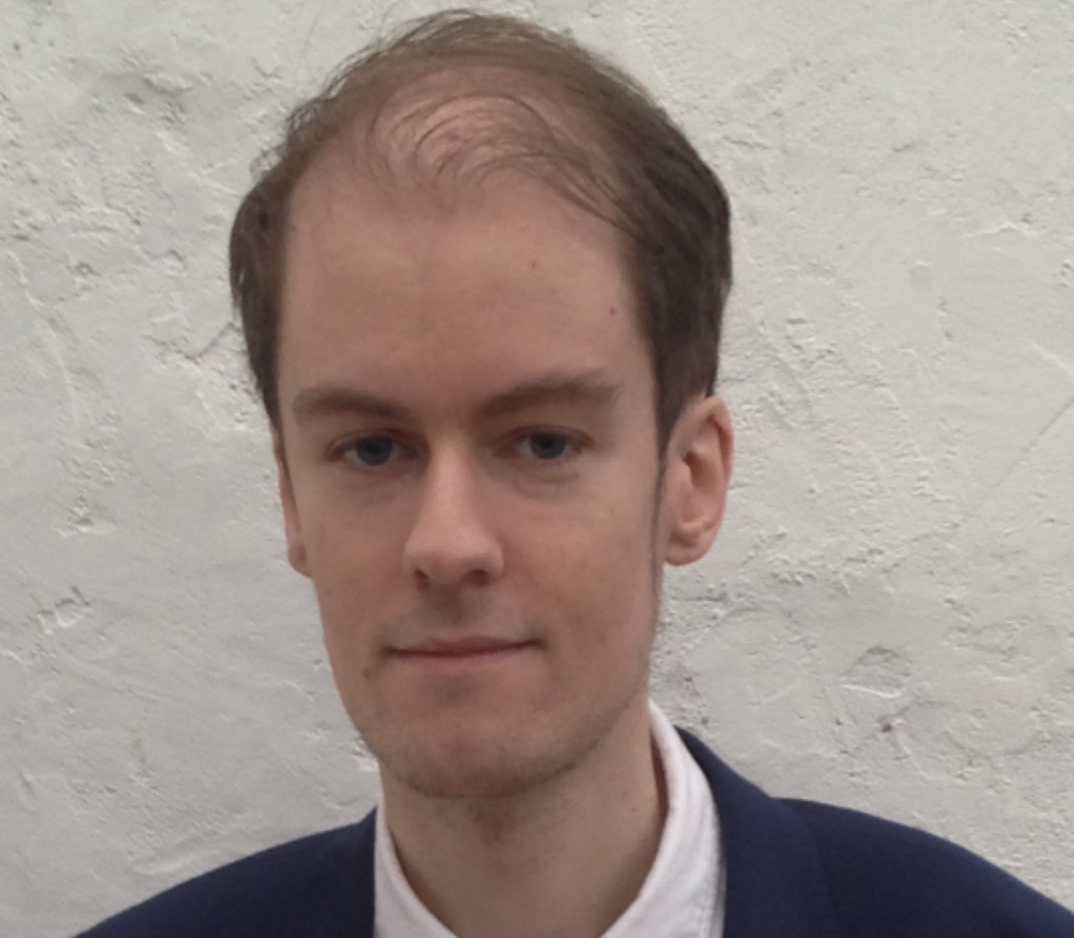Illiberalism is usually defined as a system promoting a centralized state where liberties are threatened. Currently, some countries, like Viktor Orban’s Hungary, are called illiberal democracies. But this definition may also apply to France.
This country has always been more statist than the rest of western Europe due to the dominant role of bureaucracy, but over these last years, some dangerous trends have become more and more present.
The Yellow Vest Crisis: Socialist Claims and State Authoritarianism
The yellow vest movement started with the rejection of taxation. France has the highest tax burden among OECD (Organization for Economic Cooperation and Development) countries, representing 46.2 percent of the country’s economic output. But unfortunately, the protest movement has become more and more socialist: instead of calling for a revision of the overall tax system in order to reduce the burden, a large number of the yellow vests want to increase taxes on the rich.
The facts that one of their main calls is to reintroduce the wealth tax, along with the recent looting and burning of the famous restaurant “Fouquet’s” and other luxury boutiques are examples of the yellow vest movement’s turn toward socialism.
The deployment of the army also reflects a worrying drift that goes further than any other illiberal country in the European Union.
On the other side, the French state isn’t maintaining the rule of law. Not only is it not able to ensure security for shops, which are frequently attacked by rioters, but it is also imposing liberticidal regulations. These are inefficient for calming the situation and are also dangerous for the liberties of the common and innocent citizens.
The new “anti-looters” law allows government officials to ban people from participating in demonstrations without running it by a judge first. If the Constitutional Council accepts this law, the government could choose the protestors.
The deployment of the army also reflects a worrying drift that goes further than any other illiberal country in the European Union. At a time when the UN human rights chief has called for an investigation into possible excessive uses of force, the French government isn’t sending a message of freedom (and stability) to the rest of the world.
Internet Control
At the same time, President Macron is showing a strong determination to control the internet. With his political party, “En Marche,” he accuses social networks of being used to spread “fake news,” hate speech, and of being used for propaganda by foreign governments. It’s true that these problems exist, but they are being used as a pretext to control the internet.
In November 2018, the French parliament passed a law against fake news. It allows the CSA, the French national broadcasting agency, to suspend any foreign TV station suspected of spreading “false news.”
Internet control is always a good indicator for detecting illiberal and authoritarian regimes.
Also, anyone who spreads “false news” could face one year in prison and a fine of €75,000. The law mainly targets Russian media, but ironically, this legislation is close to the Russian one. In March 2019, the Duma passed a law under which “Individuals would face fines of up to $6,000 for posting what is termed fake news.”
“Democratic governments need to regulate to protect their citizens…” said Macron at the opening ceremony of the annual Internet Governance Forum (IGF) in Paris. He also attacks anonymity on the internet as a catalyst for the spread of hate speech.
Internet control is always a good indicator for detecting illiberal and authoritarian regimes. By assaulting the internet, the French government is showing its wish to attack free speech. Pointing to polemical cases in order to increase state intervention is a classic politician tactic, but these offensives are becoming more and more common.
Spreading Statism across the European Union
More problematic are Macron’s European claims. The French president is known for being a strong supporter of a federal European Union. But in his letter for a European renaissance, he defended a protectionist and statist vision of the EU.
He proposes the creation of a European agency to protect democracies against fake news, a European Climate Bank for energy transition, and a European Innovation Council. Similarly, he advocates social and fiscal harmonization. Instead of free trade, Macron wants fair trade based on European preference. These examples reveal a desire for centralization at the European level.
Moreover, Macron rejects classical liberal views, calling the current version of EU ultra-liberal. “Europe, without a doubt, has become too ultra-liberal,” he said. “We need a stronger Europe that protects.”
It’s not a surprise that a lot of European countries are showing their distrust of French politicians.
In fact, the French president’s views on the EU are based on the concept of “Europe as a global power” (instead of “Europe as cooperation space”): according to Macron, Europe must become a strong state able to defend its will in the world.
But these views on the EU aren’t limited to Macron. All major French political parties support more state interventionism in European affairs. The recent vote for the polemical Directive on Copyright in the Digital Single Market shows this leaning: of the 68 French members of the European Parliament (MEPs), 62 votes were cast in favor of the directive (91 percent of French MEP). Even the Eurosceptics of Marine Le Pen’s National Rally voted for it, unlike many populists from other member states (like Italy or Poland).
Finally, it’s not a surprise that a lot of European countries are showing their distrust of French politicians, from trade-friendly and fiscally conservative Nordic countries to Germany, which is supposed to be the main political partner of France.

